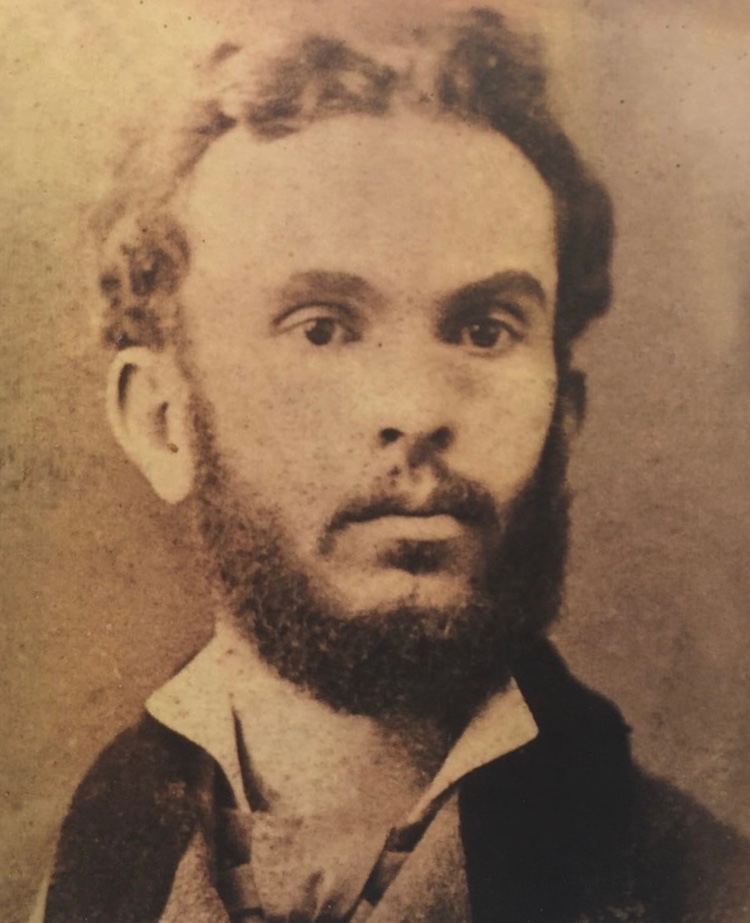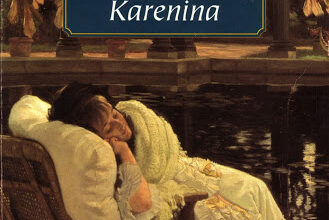Sami Frasheri-The Women

Sami Frasheri-Grate

A lot of time has passed since then, but basically the problems are the same. Women continue to make up half of the world’s population, to be treated more or less the same way and to suffer from the same complexes. From the 19th century, Sami Frashëri raises his voice. He’s sure he can not solve the problems, but he can not be silent. “Women”, this is the title of the book written by the thinker Sami Frashëri, published by the Publishing House “Logos A”. It is a book written with love, where at certain moments, the writer and the poet, come out on top of the thinker. In fact, he calls it a pamphlet and has reflected in it the position of women, mainly Muslims, not only in Turkey, where the book was written, but also in Albania and elsewhere, adding to this panorama and his thoughts, progressive for the time when it is written, on how it should be treated, on education, the role it should play in the family and society, etc. At a time when women were still treated as a market commodity, Frashëri calls it the basis of society. In his booklet, he calls society a gathering of families, while his definition of the latter is “Family means woman” (p. 17). Strictly calls backward the opinion of the majority, according to which education, or education for women is harmful. “Unfortunately, even today there are many who see the learning and education of women as harmful. According to these people, the knowledge of women is harmful and causes quarrels in human society! When an ignorant man commits a sin, he is called his ignorance, because such a guilt is not thought to come out of the wise. “Why don’t they use this rule for women as well?” Arguably he brings to the reader the reasons why a woman should be educated. According to him, the condition of women also depends on that of society, as the woman, the mother, is the educator of generations, while they are a host of skills that women can do, from those related to the gifts given by God, to medicine. . Apart from being fragile, for him women are not inferior beings compared to men, he even gives them some qualities that men do not have. “… Women are not lagging behind men in terms of intelligence and ingenuity, they probably have more intelligence and are faster to understand.” To support his ideas, he also mentions well-known figures of art and history, such as the skill and success of the writer Georges Sand, the adoration and appreciation that the philosopher Kant had for his mother, or Bonaparte, who said “The future of a child it is in the hands of the mother ”. In this pamphlet, without being able to break away from religion, as a good Muslim, he responds to all those who cling to the problems of women, the Muslim religion. By quoting the Qur’an, he clarifies the position that Islam has assigned to women, and he even cites as examples well-known women of Islamic history, such as Aisha or Fatima, who have also participated in political decision-making and wars. He conveys, among other things, the problem of polygamy which is applied among Muslims. He speaks out against the marriage of a man with many wives and lists a host of evils arising from this, but justifies it in special cases. Another issue is the veil. Frashëri presents what is said in the Qur’an on this issue, while all other ways of dressing, such as covering the face, fingers, yellow slippers, and the like, he considers as created by the people themselves. “The Qur’an commanded the covering of the hair, the arms and the thighs and other parts of the body,” and later adds: pre-Islamic, which do not coincide with the expression of the Shari’ah on the issue ”(p. 52). Today, after a hundred and a few years, any of his thoughts may be out of fashion, but in its complex, this book should undoubtedly be read by policymakers.






